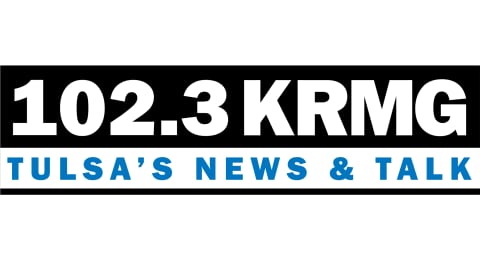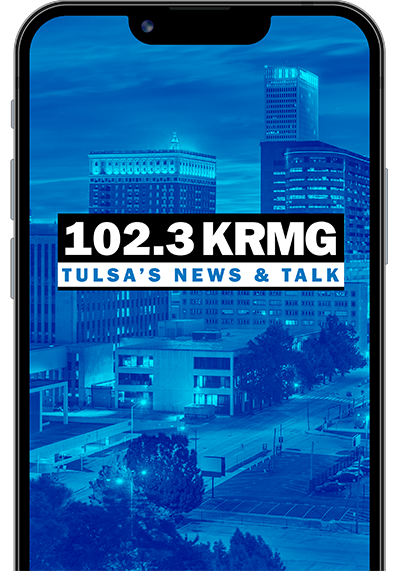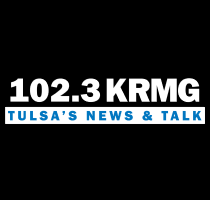MUNICH — (AP) — Ukrainian President Volodymyr Zelenskyy said Friday that his country wants “security guarantees” before any talks with Russia, as the Trump administration presses both countries to find a quick endgame to the three-year war.
Shortly before sitting down with Vice President JD Vance for highly anticipated talks at the Munich Security Conference, Zelenskyy said he will only agree to meet in-person with Russian leader Vladimir Putin after a common plan is negotiated with U.S. President Donald Trump.
The roughly 40-minute meeting between Vance and Zelenskyy produced no major announcements detailing the way out of the deadliest war in Europe since World War II. Zelenskyy made a plaintive statement about the state of play.
“We want peace very much," Zelenskyy said. “But we need real security guarantees.”
Vance, for his part, said the Trump administration is committed to finding a lasting peace between Ukraine and Russia.
“Fundamentally, the goal is, as President Trump outlined it, we want the war to come to a close,” Vance said. "We want the killings to stop. Not the kind of peace that’s going to have Eastern Europe in conflict just a couple of years down the road.”
Trump upended years of steadfast U.S. support for Ukraine this week following a phone call with Putin, when he said the two leaders would likely meet soon to negotiate a peace deal. Trump later assured Zelenskyy that he, too, would have a seat at the table.
Before his meeting with Zelenskyy, Vance lectured European officials on free speech and illegal migration on the continent, warning that they risk losing public support if they don't quickly change course.
“The threat that I worry the most about vis-à-vis Europe is not Russia. It’s not China. It’s not any other external actor,” Vance said in an address to the Munich Security Conference. “What I worry about is the threat from within — the retreat of Europe from some of its most fundamental values, values shared with the United States of America.”
He warned European officials: "If you're running in fear of your own voters there's nothing America can do for you."
The speech and Trump's push for a quick way out of Ukraine have been met with intense concern and uncertainty at the annual gathering of world leaders and national security officials.
The vice president also warned the European officials against illegal migration, saying Europeans didn’t vote to open “floodgates to millions of unvetted immigrants" and referencing an attack Thursday in Munich where the suspect is a 24-year-old Afghan who arrived in Germany as an asylum-seeker in 2016.
The violence left more than 30 people injured and appears to have had an Islamic extremist motive.
Earlier Friday, Vance met separately with German President Frank-Walter Steinmeier, NATO Secretary-General Mark Rutte and British Foreign Secretary David Lammy. He used the engagements to reiterate the Republican administration's call for NATO members to spend more on defense.
Currently, 23 of NATO’s 32 member nations are hitting the Western military alliance’s target of spending 2% of their GDP on defense.
But European leaders are pushing back that the White House's characterizations of a dependent Europe doesn't play out in the data. The continent has rallied to get behind Ukraine since Putin launched the February 2022 invasion. The U.S. has poured more than $66 billion in weapons and military assistance into Ukraine, while European and other allies have sent $60 billion in weaponry to Kyiv.
“We have put in place hard-hitting sanctions, substantially weakening Russia’s economy," EU Commission President Ursula von der Leyen said in remarks to the conference. "We have broken one taboo after another and smashed our reliance on Russian gas, making us more resilient permanently. And we are about to do more.”
Hours before Vance and Zelenskyy were set to meet, a Russian drone with a high-explosive warhead hit the protective confinement shell of the Chernobyl Nuclear Power Plant in the Kyiv region, the Ukrainian president said. Radiation levels have not increased, Zelenskyy and the U.N. atomic agency said.
Zelenskyy told reporters that he thinks the Chernobyl drone strike is a “very clear greeting from Putin and Russian Federation to the security conference.”
Kremlin spokesman Dmitry Peskov on Friday denied Ukraine's claims. And Foreign Ministry spokesperson Maria Zakharova said the Munich organizers haven’t invited Russia for several years.
Trump has been vague about his specific intentions for Ukraine and Russia — other than suggesting that a deal will likely result in Ukraine being forced to cede territory that Russia has seized since it annexed Crimea in 2014.
Trump's musings have left Europeans in a quandary, wondering how — or even if — they can maintain the post-WWII security that NATO afforded them or fill the gap in the billions of dollars of security assistance that the Democratic Biden administration provided to Ukraine since Russia's invasion.
Trump has been highly skeptical of that aid and is expected to cut or otherwise limit it as negotiations get underway.
Both Trump and U.S. Defense Secretary Pete Hegseth this week undercut Ukraine's hopes of becoming part of NATO, which the alliance said less than a year ago was "irreversible," or of getting back territory captured by Russia, which currently occupies close to 20% including Crimea.
“I don’t see any way that a country in Russia’s position could allow ... them to join NATO,” Trump said Thursday. “I don’t see that happening.”
Zelenskyy, in his own remarks during the conference, said the United States, including the Biden administration, never saw Ukraine as a NATO member.
Vance, in an interview with The Wall Street Journal, said the U.S. would hit Moscow with sanctions and potentially military action if Putin won’t agree to a peace deal with Ukraine that guarantees Kyiv’s long-term independence.
The warning that military options “remain on the table” was striking language from a Trump administration that’s repeatedly underscored a desire to quickly end the war.
Vance’s team later pushed back on the newspaper’s report, saying he “didn't make any threats.”
“He simply stated the fact that no one is going to take options away from President Trump as these negotiations begin," said Will Martin, Vance's communications director.
The track Trump is taking also has rocked Europe.
French Deputy Foreign Minister Benjamin Haddad described Europe as being at a turning point, with the ground shifting rapidly under its feet, and said Europe must wean itself off its reliance on the United States for its security. He warned that handing a victory to Russia in Ukraine could have repercussions in Asia, too.
“I think we’re not sufficiently grasping the extent to which our world is changing. Both our competitors and our allies are busy accelerating,” Haddad told broadcaster France Info on Thursday.
___
Dazio reported from Berlin. AP reporters Lolita C. Baldor and Zeke Miller in Washington, John Leicester in Paris, Jill Lawless in London and Illia Novikov in Kyiv, Ukraine, contributed.
Copyright 2025 The Associated Press. All rights reserved. This material may not be published, broadcast, rewritten or redistributed without permission.






